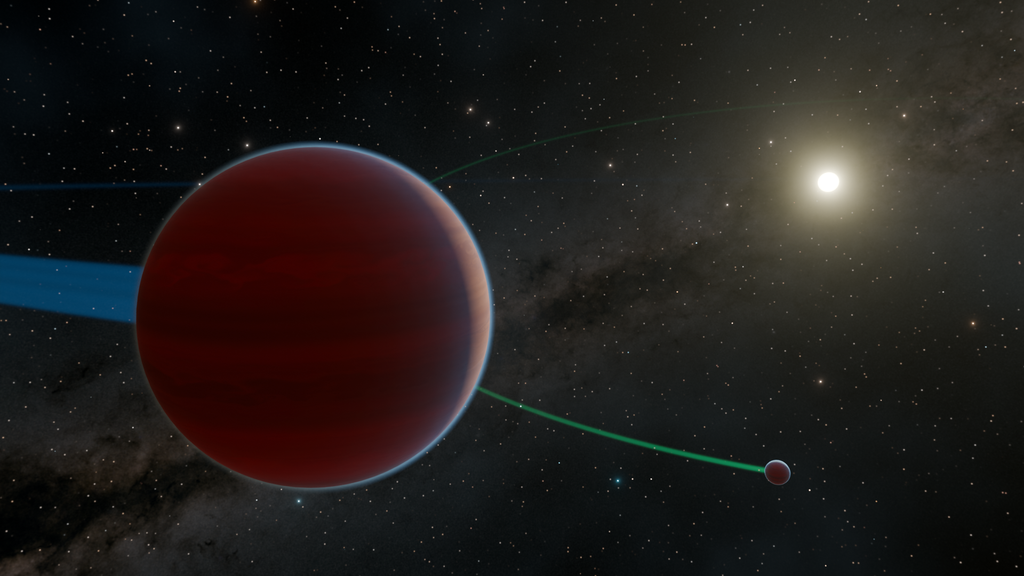Natasha Bosanac
University of Colorado, Boulder
ESI18 Natasha Bosanac Quadchart
Orbital maneuvers represent a significant operational activity post-launch that continues throughout the entire lifetime of a spacecraft and must be performed safely with minimal risk to mission success. Typically, this activity relies heavily on human planners, who possess the ability to reason, learn and adapt. However, enabling robust and resilient space-based assets that are able to operate autonomously in chaotic gravitational environments (e.g., cislunar space) will require the development of new algorithms to plan and schedule orbital maneuvers, with a reduced dependency on a human-in-the-loop. These algorithms must be able to efficiently design maneuvers to be feasible, safe and robust to uncertainties while achieving a variety of short-term and long-term goals. This research will focus on leveraging autonomous learning and adaptation capabilities via machine learning to address these requirements. Specifically, we will develop offline learning algorithms for feasible and efficient maneuver planning, adapt these algorithms to support robust and resilient online learning, and develop new techniques for autonomous introspection and machine self-confidence. Onboard maneuver planning, enabled by machine learning methods that can be verified and validated for operational conditions, can enhance missions comprised of a large number of components by reducing the operational cost and complexity, and enable space-based assets to exhibit resilience in the presence of unexpected challenges or changes in their environment – particularly those that require rapid responses.























